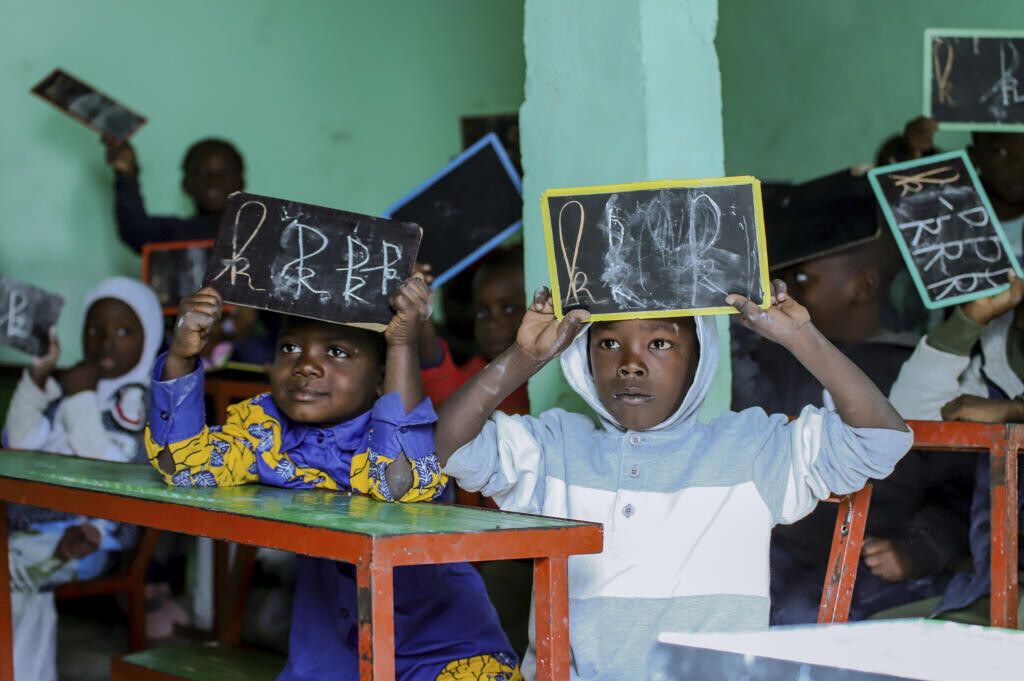
NOUADHIBOU, Mauritania – A surge in migration from West Africa towards Europe is increasingly funneled through the Mauritanian port city of Nouadhibou, creating a complex humanitarian and logistical challenge. As traditional routes become more heavily patrolled, migrants are turning to the perilous journey across the Atlantic to Spain’s Canary Islands.
Nouadhibou, a city of 177,000, is now a key departure point, straining its infrastructure and resources. The influx, driven by economic hardship and instability in neighboring countries, has led to a record number of arrivals in the Canaries, with nearly 47,000 migrants reaching the islands by boat last year, including almost 6,000 unaccompanied minors.
The dangerous sea crossing, often involving hundreds of kilometers and harsh conditions, has resulted in a significant loss of life. According to the Spanish nonprofit Walking Borders, at least 6,800 people died or went missing in these attempts last year.
In response, the European Union has brokered a $219 million accord with Mauritania, aimed at bolstering border security, providing development aid, and supporting refugees, asylum seekers, and host communities. A key component of this effort is addressing the educational needs of migrant children.
A school established in Nouadhibou in 2018 provides education to migrant and refugee children aged 5 to 12, aiming to integrate them into Mauritanian public schools. However, challenges persist, including bureaucratic hurdles and financial constraints. While Mauritania's Education Ministry has affirmed the right of refugee children to attend public school, many migrants without formal refugee status face difficulties enrolling, often lacking necessary documentation.
The school, which has educated over 500 students, operates parallel to the Mauritanian system, providing a curriculum similar to that of the public schools as well as Arabic lessons. Despite its efforts, the school struggles with funding, relying on fees that some families find difficult to pay.
Local community leaders and business owners express concerns about increasing competition for jobs and rising suspicion towards foreign-born communities. Aid groups note that long-term migrants are more receptive to outreach, while newcomers often remain wary, sometimes due to their involvement with smugglers.
Many migrants, like Boureima Maiga, a Malian graduate, feel trapped in Nouadhibou, facing discrimination and limited opportunities. They seek work in the city's fish factories but often face exploitation due to their lack of legal status.
While initiatives like the migrant school are seen as vital, experts question their effectiveness in deterring migration. They highlight the disconnect between European political goals and the realities on the ground. The EU's large aid packages are often difficult to track, and the long-term impact of these programs remains uncertain.
The situation in Nouadhibou underscores the complex dynamics of migration, where humanitarian needs intersect with political and economic pressures, leaving many migrants in a state of uncertainty.
[Copyright (c) Global Economic Times. All Rights Reserved.]






























